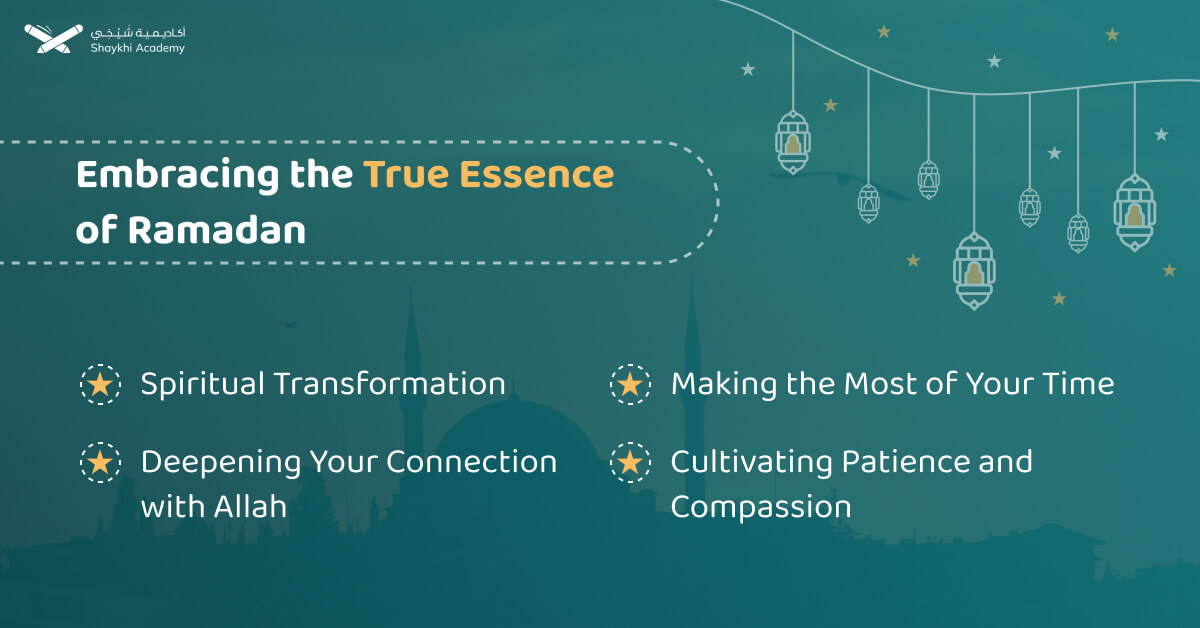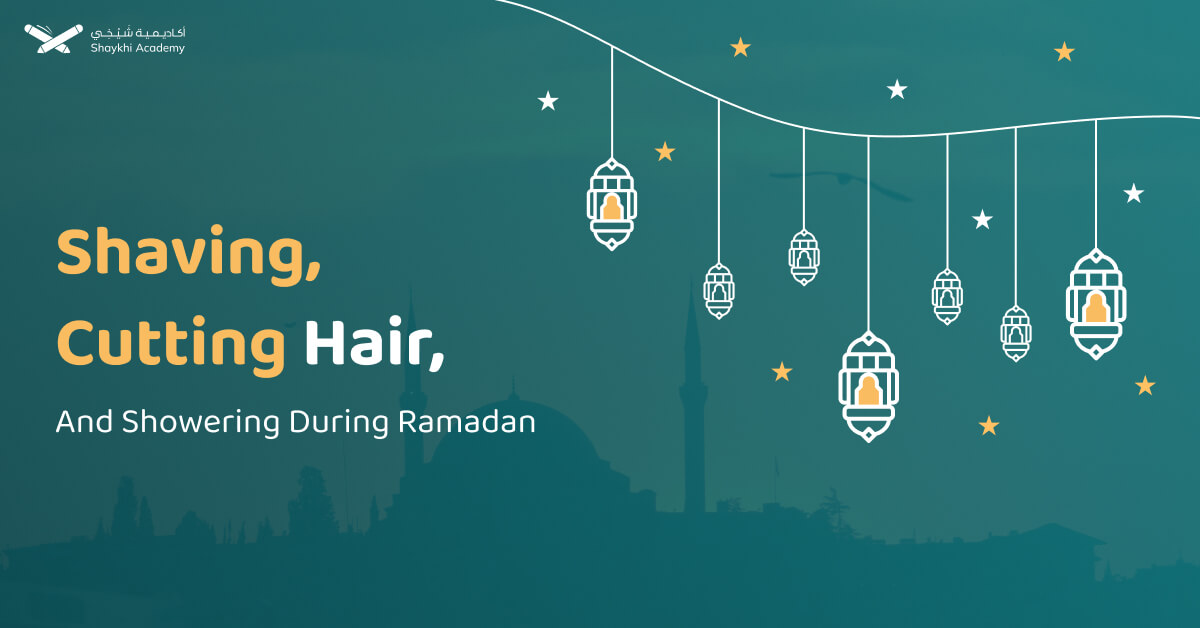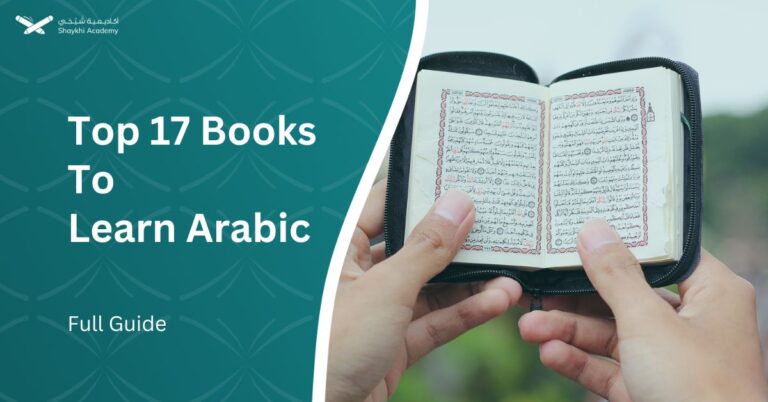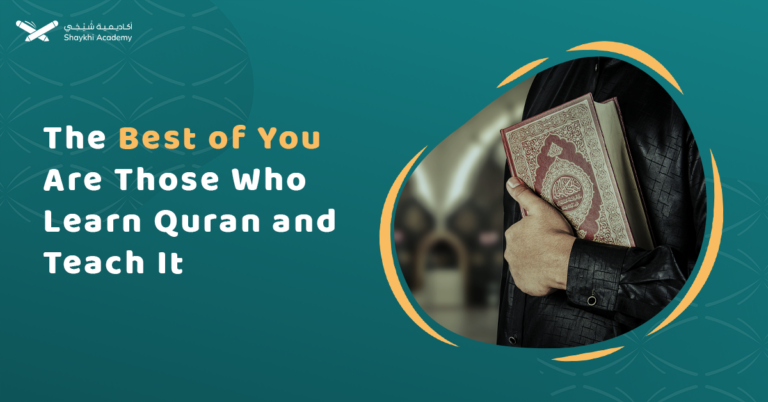Read a full guide on Shaving, Cutting Hair, and Showering During Ramadan. The blessed month of Ramadan brings a surge of religious fervor and spiritual introspection. While focusing on deepening our connection with Allah, questions regarding permissible activities naturally arise. Among those, concerns surrounding personal grooming practices like shaving, haircuts, and showering during fasting often surface. This article aims to shed light on these topics.
In a nutshell: Shaving, including the beard, is generally permissible during Ramadan, although shaving the beard diminishes the spiritual reward of fasting. Getting a haircut is also allowed, with no prohibition in Quranic verses or Prophetic hadiths, but caution should be exercised to avoid swallowing hair inadvertently.
Showering while fasting is not only permitted but encouraged, as cleanliness is integral to Islamic practice. While performing these actions, Muslims should be mindful of maintaining the fast’s spiritual essence and avoiding activities that may compromise it.
Does Shaving Invalidate Fasting During Ramadan?
No, shaving during Ramadan does not invalidate the fast, as it does not fall within the category of things that invalidate the fast stipulated by Sharia law.
However, when it comes to shaving the beard, Muslims should exercise caution and be mindful, as shaving the beard is prohibited according to many jurists based on the teachings of the Prophet Muhammad, peace be upon him.
Therefore, shaving the beard itself is considered forbidden, but it does not render the fast invalid. Nevertheless, shaving the beard during Ramadan diminishes the reward of fasting, although the fast remains valid.
Can I get a haircut in Ramadan?
Yes, you can get a haircut while fasting in Ramadan. Cutting hair is generally considered permissible during Ramadan, whether at night or during the day, and there are no Qur’anic verses or Prophetic hadiths that prohibit getting a haircut while fasting.
So, Getting a haircut does not invalidate the fast, according to the consensus of scholars and the four jurisprudential schools of thought (Hanafi, Maliki, Shafi’i, and Hanbali). You can get a haircut anytime you want during Ramadan during fasting hours or after Iftar, as you wish.
While cutting hair is generally permitted during Ramadan, Muslims should be cautious about any activities that may inadvertently lead to the ingestion of substances. For example, if strands of hair accidentally enter the mouth and are swallowed, it could affect the validity of the fast.
Can I Shower During Ramadan?
Yes, absolutely, you can shower during Ramadan, whether at night or during the day during fasting hours. Maintaining personal hygiene is an essential part of Islamic practice, Muslims are expected to remain in a state of ritual purity throughout Ramadan, avoiding impurities that invalidate prayer. And thankfully, taking showers and staying clean are fully permissible and even encouraged during Ramadan. Cleanliness is integral to ritual purity, which plays a vital role in prayer and other spiritual practices.
While showering, be careful not to accidentally get water into your stomach. Gently control the water flow, and avoid dunking your head excessively. You could take shorter showers to minimize the risk of accidental swallowing. Remember, the purpose isn’t to deprive yourself of basic hygiene but to maintain it while upholding the spirit of the fast.

Embracing the True Essence of Ramadan
While understanding the permissibility of specific actions is essential, it’s crucial to remember that Ramadan is about much more than just technicalities. This blessed month offers a unique opportunity for:
- Spiritual Transformation: Immerse yourself in prayer, Quran recitation, and acts of charity to nourish your soul and strengthen your connection with Allah.
- Deepening Your Connection with Allah: Reflect on your blessings, increase your supplications, and strive for a deeper understanding of your faith.
- Cultivating Patience and Compassion: Control your desires, cultivate empathy, and engage in acts of kindness towards those less fortunate.
- Making the Most of Your Time: Engage in meaningful activities that benefit yourself and others, from personal reflection to community service.
Remember, the true essence of Ramadan lies in cultivating a closer relationship with Allah and experiencing spiritual transformation. By approaching personal grooming practices with mindfulness, seeking guidance, and focusing on the core values of the fast, you can embark on a Ramadan journey that nourishes your soul and leaves a lasting impact long after the crescent moon sets.
Elevate Your Quranic Journey: Begin with Shaykhi Academy this Ramadan!
Transforming your relationship with the Qur’an this Ramadan is within reach. At Shaykhi Academy, we understand the challenges that often hinder this sacred journey, whether it’s the demands of work, household chores, or previous unsuccessful attempts at memorization. But fear not, because we’re here to help.
Founded in 2019 by a team of esteemed Quran Teachers, Shaykhi Academy is dedicated to bringing the teachings of the Quran to Muslims worldwide, right in the comfort of their own homes.
Ready to take the next step? Explore our courses and enroll today at Shaykhi Academy.
Conclusion:
In Ramadan, Muslims often inquire about personal grooming practices in relation to fasting. Shaving, haircuts, and showering are permissible during fasting hours, with shaving the beard being discouraged but not invalidating the fast.
Getting haircuts and showering are fully permitted, emphasizing the importance of cleanliness and ritual purity in Islam. However, it’s crucial to approach these activities with mindfulness, ensuring they don’t detract from the spiritual objectives of Ramadan.
The true essence of Ramadan lies in spiritual transformation, deepening one’s connection with Allah, practicing patience and compassion, and making the most of this blessed time. By embracing these values and seeking guidance, Muslims can enrich their Ramadan experience and draw closer to Allah.

































